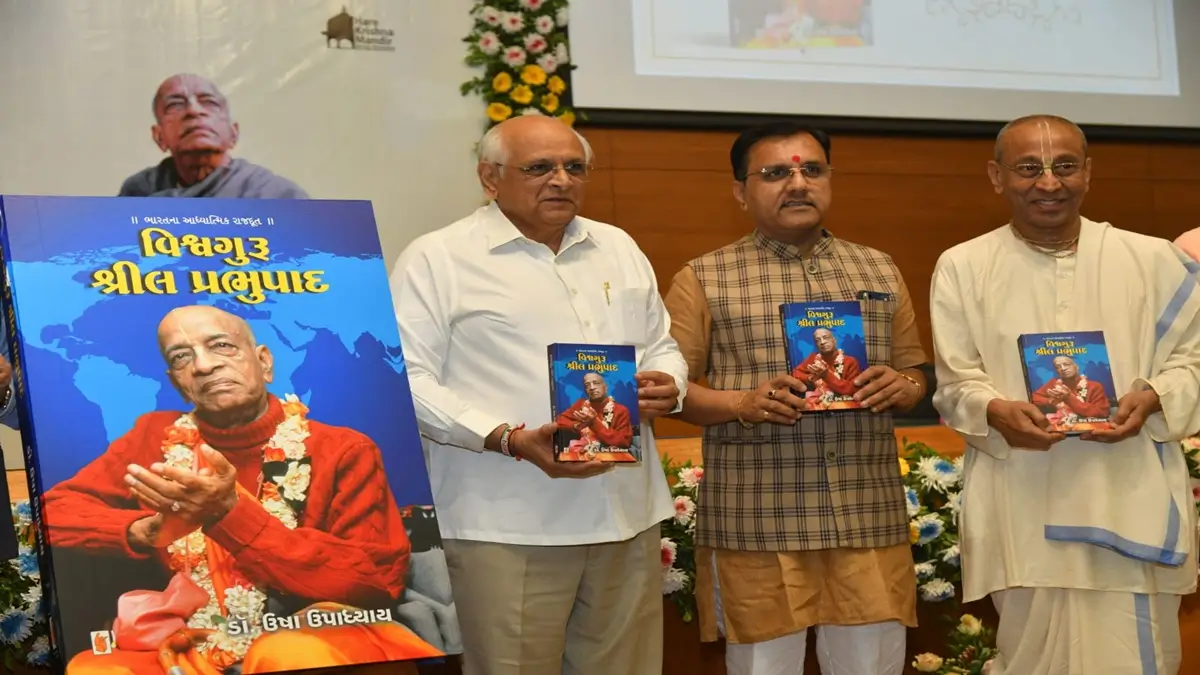Amit Shah Reviews BBSSLS’s Role in Strengthening Cooperative Agriculture
Introduction to BBSSLS and Amit Shah’s Review
Union Home Minister Amit Shah recently conducted a review of the Bhartiya Bhasha Sahitya Sangh Limited Society (BBSSLS) and its pivotal role in enhancing cooperative agriculture. The review aimed at assessing the organization’s contributions to the agricultural sector, particularly in strengthening cooperative models that aim to boost agricultural productivity and improve the livelihoods of farmers across the country.
BBSSLS’s Contribution to Cooperative Agriculture
The BBSSLS has been instrumental in promoting agricultural cooperatives by encouraging farmers to work together for better resource management and increased agricultural outputs. This organization has been focused on providing technical and financial support to small-scale farmers and cooperatives to ensure their sustainability. Through its various schemes and initiatives, the BBSSLS aims to improve access to markets, reduce intermediaries, and enhance the overall efficiency of the agriculture sector.
Amit Shah’s Vision for Agricultural Reforms
During the review, Amit Shah emphasized the importance of further strengthening the cooperative model in agriculture. He stressed the need for expanding the cooperative networks and ensuring that they are integrated with the modern agricultural practices, including the use of technology. Shah’s vision for agricultural reforms focuses on sustainable growth, which he believes is crucial for ensuring food security and improving the livelihoods of millions of farmers in the country.
Key Areas of Focus for Future Development
Shah outlined several key areas that require urgent attention to achieve the full potential of cooperative agriculture. These include increasing the availability of high-quality seeds, promoting organic farming, improving irrigation facilities, and enhancing the role of women in agriculture. He also emphasized the necessity of fostering cooperation between various stakeholders, such as government bodies, cooperatives, and farmers, to address the challenges facing the agriculture sector today.

Why This News is Important: Strengthening Cooperative Agriculture for a Sustainable Future
Boosting Farmer Empowerment
The review of BBSSLS’s role in cooperative agriculture highlights a significant effort to empower farmers through collective action. Cooperative agriculture models have long been recognized for their potential to increase bargaining power and improve the financial stability of farmers. By strengthening such models, the government aims to ensure that farmers are not at the mercy of middlemen and external market pressures, thereby improving their economic condition.
Aligning with Government’s Agricultural Reforms
Amit Shah’s review of the BBSSLS reflects the government’s broader agenda to reform the agricultural sector. The promotion of cooperative agriculture is a strategic part of these reforms, which also include enhancing rural infrastructure, providing financial support, and introducing innovative farming techniques. This news is crucial as it reveals the government’s commitment to sustainable agricultural development, which is central to India’s food security and rural economy.
Integration of Technology in Agriculture
One of the key aspects of this review is the emphasis on the integration of modern agricultural practices and technology. Technology can play a transformative role in increasing productivity, improving crop yields, and making agriculture more sustainable. By fostering the growth of technology-driven cooperative models, the government seeks to create a more efficient and competitive agricultural sector.
Focus on Women and Youth in Agriculture
Another important aspect is the focus on encouraging women and youth participation in agriculture. These groups, which have traditionally been underrepresented in the agricultural workforce, are now seen as vital to the future of Indian agriculture. By involving them in cooperative agricultural initiatives, the government aims to ensure inclusivity and foster long-term sustainability in the sector.
Ensuring a Sustainable Future for Agriculture
The review of BBSSLS underscores the government’s long-term vision for creating a sustainable agricultural ecosystem. By addressing key challenges such as access to resources, market connectivity, and financial inclusion, the cooperative agriculture model has the potential to play a critical role in building a resilient agricultural economy that benefits farmers and the nation alike.
Historical Context: Cooperative Agriculture in India
Early Beginnings of Cooperative Agriculture
Cooperative farming in India has its roots in the early 20th century, when the government first recognized the need for cooperative models to address the economic challenges faced by farmers. The idea was to pool resources, share risks, and provide mutual support, which was particularly beneficial in rural areas where individual farmers struggled with financial constraints.
Post-Independence Agricultural Reforms
After independence, cooperative farming gained more attention with the establishment of cooperative societies across the country. These societies aimed to provide a platform for farmers to access credit, fertilizers, and other essential inputs. Over the years, several government initiatives, such as the Green Revolution in the 1960s, sought to modernize agriculture through technology and cooperation.
Modern Challenges and the Need for Reforms
In recent decades, the cooperative model in agriculture has faced challenges due to issues such as poor management, lack of financial support, and inadequate infrastructure. However, recent efforts, such as the review of BBSSLS and the push for more integrated cooperative networks, reflect a renewed focus on reforming and strengthening cooperative agriculture to overcome these challenges.
Key Takeaways from “Amit Shah Reviews BBSSLS’s Role in Strengthening Cooperative Agriculture”
| S.No | Key Takeaway |
|---|---|
| 1 | Amit Shah reviewed BBSSLS’s role in promoting cooperative agriculture. |
| 2 | The review emphasized strengthening the cooperative model to boost farmer empowerment. |
| 3 | Focus was placed on integrating modern agricultural practices and technology in cooperatives. |
| 4 | Women and youth participation in agriculture were highlighted as key to the future of Indian agriculture. |
| 5 | The review supports the government’s long-term vision for sustainable agricultural reforms. |
Important FAQs for Students from this News
What is the BBSSLS, and what role does it play in cooperative agriculture?
- The Bhartiya Bhasha Sahitya Sangh Limited Society (BBSSLS) is an organization that supports the development of cooperative agriculture in India. It helps farmers by promoting cooperation, providing financial and technical support, and encouraging modern agricultural practices to improve productivity.
Why is cooperative agriculture important for farmers in India?
- Cooperative agriculture allows farmers to pool their resources, reduce costs, and improve access to markets. It helps them gain bargaining power, reduces dependence on intermediaries, and ensures better financial stability, which is critical for the growth of small-scale farming in India.
What was Amit Shah’s role in reviewing BBSSLS?
- Amit Shah, the Union Home Minister, reviewed the role of BBSSLS in enhancing cooperative agriculture. His review focused on expanding cooperative models, integrating modern agricultural techniques, and empowering farmers, particularly women and youth, to participate more actively in agriculture.
What are the key areas that require attention for the future development of cooperative agriculture?
- Key areas include improving access to high-quality seeds, promoting organic farming, enhancing irrigation facilities, and fostering collaboration between farmers, government bodies, and cooperatives to create a sustainable and efficient agricultural sector.
How does cooperative agriculture contribute to sustainable food security?
- By promoting collective action, cooperative agriculture improves farm productivity, reduces wastage, and enhances access to resources, which ultimately supports sustainable food production and strengthens food security for the country.
Some Important Current Affairs Links

















